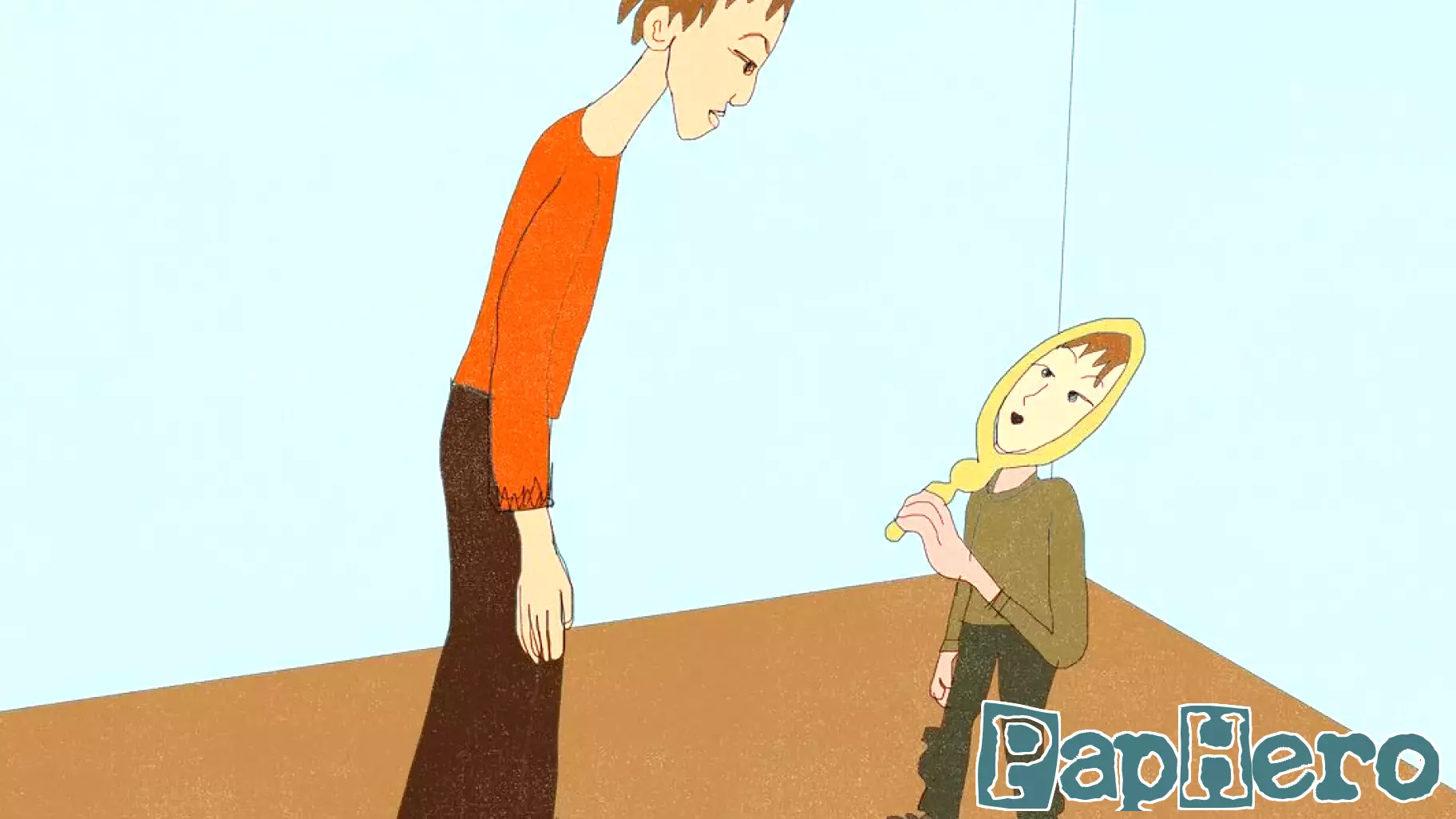The Impact of Childhood on Adulthood: Are We Cycle Breakers or Just Adults?
November 25, 2024 - 18:04

Recent discussions surrounding pop-psychological concepts suggest that childhood experiences are increasingly influencing adult behavior and decision-making. This phenomenon raises the question: are we truly breaking cycles of the past, or are we merely transitioning into adulthood while carrying the weight of our formative years?
As society becomes more aware of the long-lasting effects of childhood trauma and upbringing, many individuals find themselves reflecting on their past. This introspection often leads to a desire to break free from negative patterns and create healthier environments for future generations. However, the challenge lies in distinguishing between genuine growth and the continuation of inherited behaviors.
The narrative surrounding adulthood is shifting, as more people recognize the importance of addressing unresolved childhood issues. This shift emphasizes the need for self-awareness and personal development, prompting many to seek therapy or support to navigate their emotional landscapes.
In this evolving discourse, the concept of the "cycle breaker" emerges as a powerful identity. It encourages individuals to take proactive steps in redefining their life trajectories, fostering resilience, and promoting mental well-being. Yet, the journey toward becoming a cycle breaker is complex and often fraught with challenges.
Ultimately, the conversation around childhood and adulthood highlights the intricate relationship between our past and present. As we continue to explore these dynamics, it becomes increasingly clear that understanding our childhood influences is essential for personal growth and the cultivation of healthier future generations.
MORE NEWS

March 4, 2026 - 04:58
Has Knowing Too Much About Motherhood Ruined Me?For many, the journey toward motherhood begins with joyful anticipation. Yet, for a growing number, it is increasingly fraught with paralyzing doubt, fueled by an overwhelming tide of information....

March 3, 2026 - 12:37
Raising boys isn’t as scary as you think. These experts are here to helpParenting boys in the contemporary world presents unique challenges and rewards. Moving beyond outdated stereotypes, experts emphasize connection and understanding as the cornerstones of raising...

March 2, 2026 - 20:19
Routine helps children adjust to school, but harsh parenting may undo benefitsEstablishing consistent daily routines is a powerful tool for helping young children adjust to the demands of starting school, leading to fewer behavioral problems. However, new research reveals...

March 2, 2026 - 15:59
My Mom Told Visitors My Parenting Rules Are Just a “Phase” and Laughed When I Corrected Her in Front of EveryoneA family gathering intended for relaxation and connection turned into a scene of public dismissal for one mother, after her own parent belittled her parenting choices in front of guests. The...